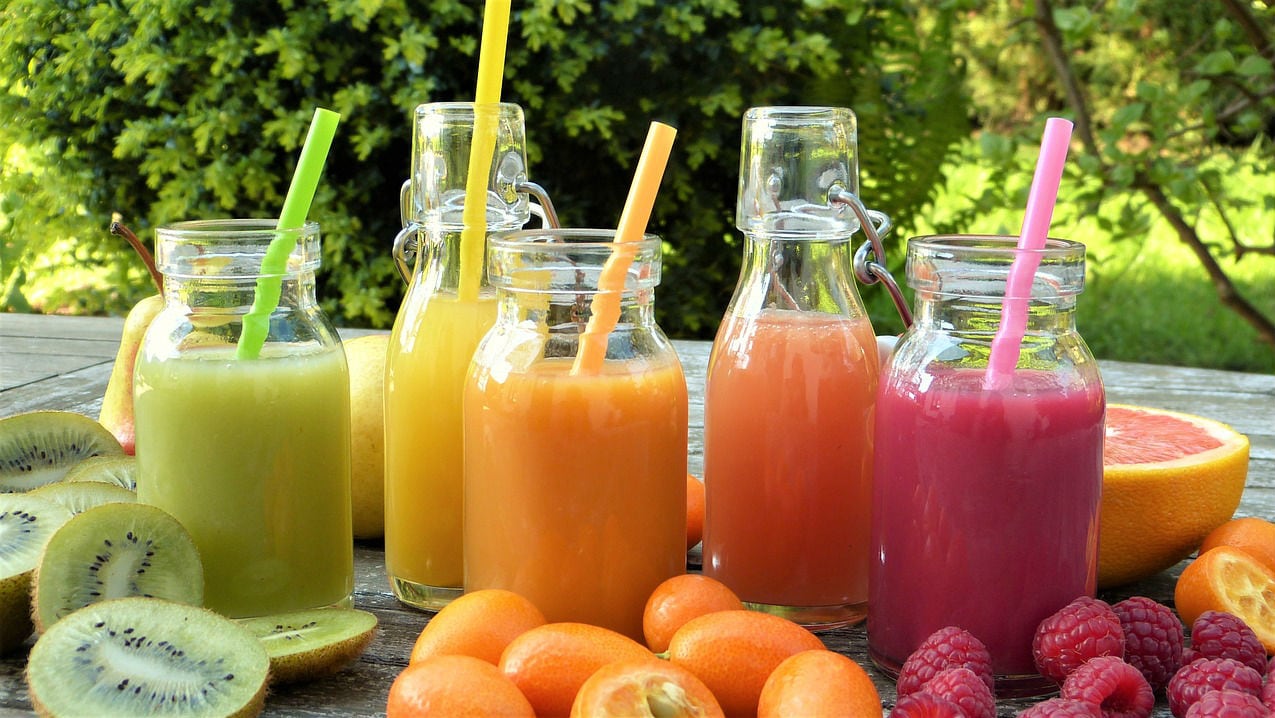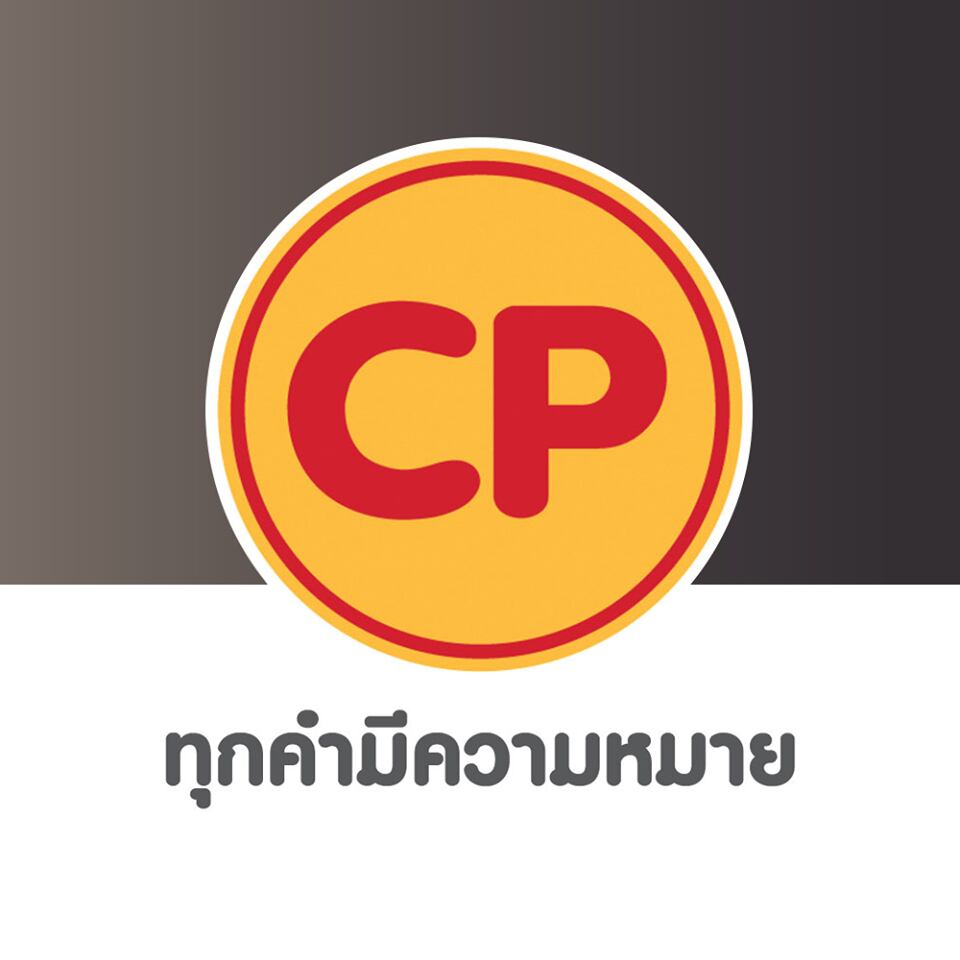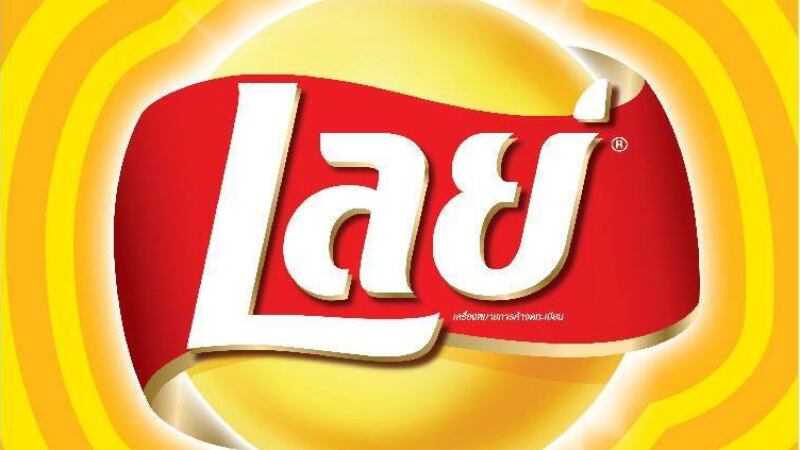The investment was poured into 262 projects, “reflecting strong investor interest and confidence in Thailand’s food resources and production potential”, Chokedee Kaewsang, the Deputy Secretary General of Thailand Board of Investment (BOI) told FoodNavigator-Asia.
Thailand Food Science Park located in the Pathum Thani province is one example which had attracted foreign investments.
At present, the food science park has attracted investments from 32 companies. Of which, 11 are foreign firms from the US, UK, Germany, Japan, Singapore and Taiwan, Kaewsang said.
Some examples of these companies include Austrianova, ECOLAB, Emsland Asia Food Innovation Corp, Suntory Food & Beverage (Thailand), TUV SUD (Thailand), Ueno Science Tech Laboratory (Thailand), Zoetis, and Bio Talk Technology (Thailand).
He said that these companies mainly conduct R&D in health and functional food and highly value-added food.
As investment in the food and beverage sector gains momentum, the Thai government opened seven more Food Innopolis in Thailand’s universities last year.
These universities include Kasetsart University, Chulalongkorn University, Mahidol University, and King Mongkut University of Technology Thonburi in Bangkok, Chiang Mai University, Khon Kaen University, and Prince of Songkhla University.
As for these seven new sites, Kaewsang said that “it is still early to tell (the results) and needs a bit more time before we see the result.”
Attracting continued investment
The Thai government has introduced tax incentives and more convenient visa framework to attract more foreign investments and provide the ease of convenience for the expatriates.
For instance, the Smart Visa was adjusted to allow holders to use fast-track services in all international airports in all Thailand’s international airports.
For highly skilled professionals applying for the Smart Visa, their minimum monthly income requirement was also reduced from THB$200k to THB$100k. At the same time, they are allowed to incorporate bonuses and other incomes towards the calculation of their monthly salary.
For senior executives applying for Smart Visa, the minimum monthly income requirement remains at THB$200K.
Aimed at supporting technology and know-how transfer to the Thais, BOI said that adjustments to the Smart Visa also helped to “increase the country’s competitiveness and ability to attract more specialists”.
Other major incentives applicable to firms investing in Thailand’s food industry include a tax holiday and import duty exemption on machinery for up to eight years.
These tax incentives are applicable to firms involved in three key sectors, including 1) using modern technology to make food and beverage preservatives or food ingredients, 2) manufacturing active ingredients from natural raw materials, and 3) manufacturing health food or food supplements.
Kaewsang said that additional incentives would be allocated to projects with higher investments in R&D and human resource development.
Specific to Food Innopolis, firms involved in targeted activities, such as agricultural and food R&D, biotechnology, animal and plant breeding, and scientific testing services are also eligible for corporate income tax (CIT) exemption for five to ten years, depending on the type of business and the level of technology advancement.





